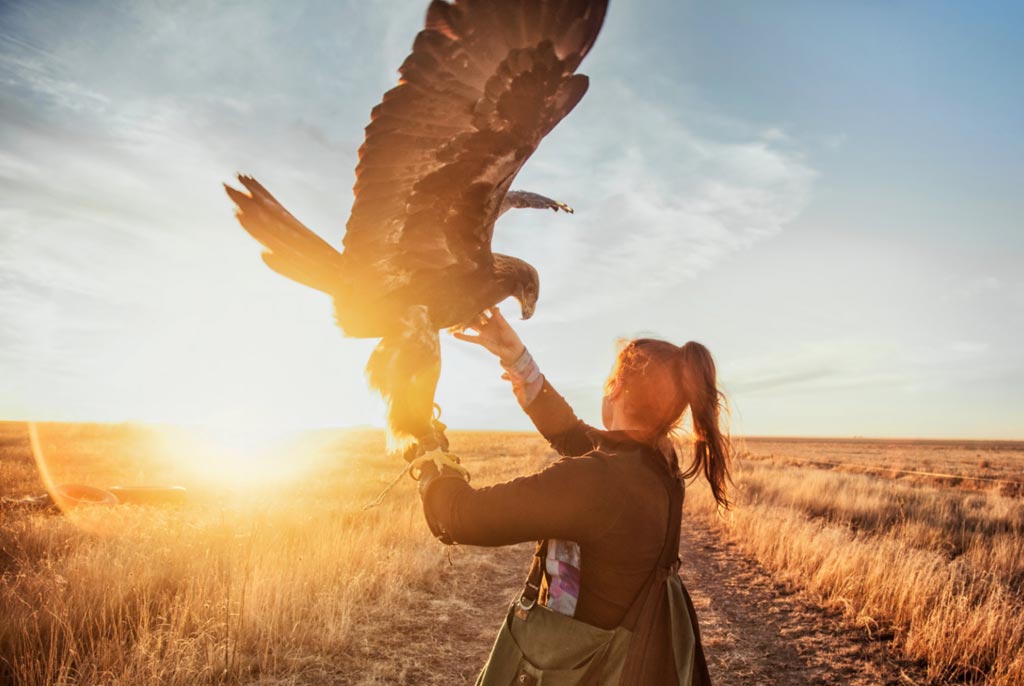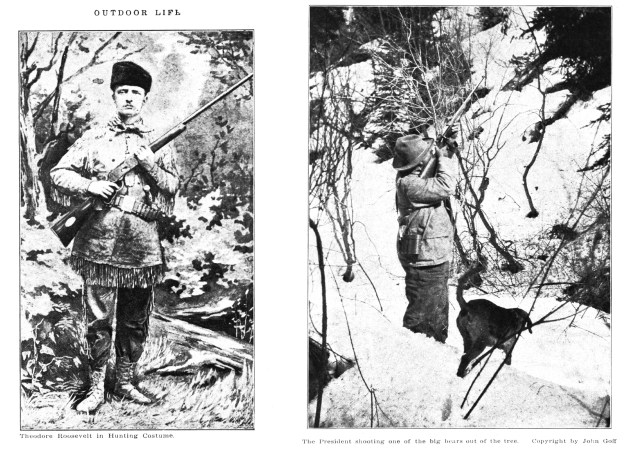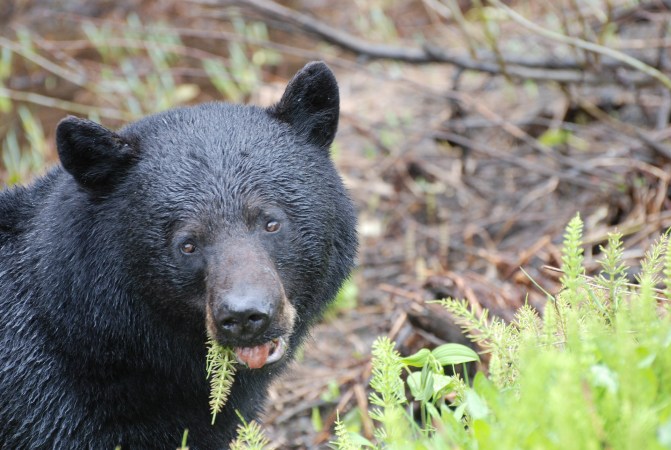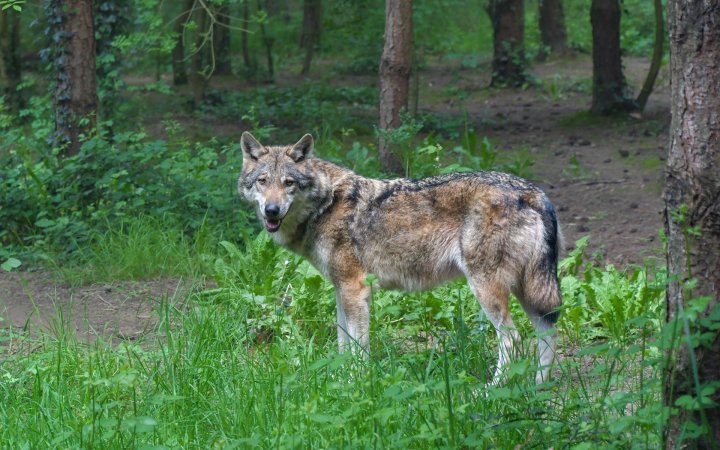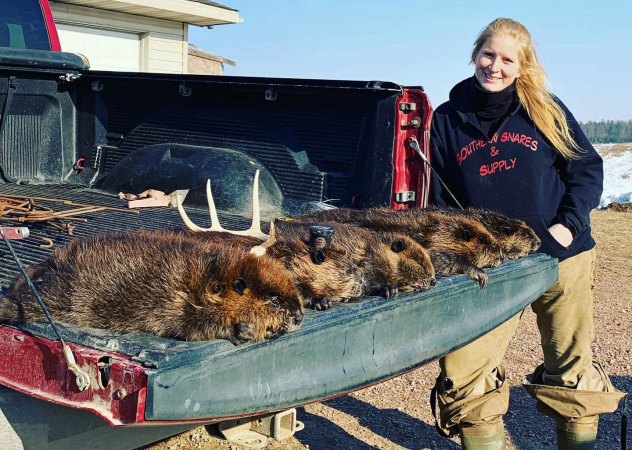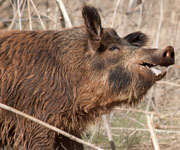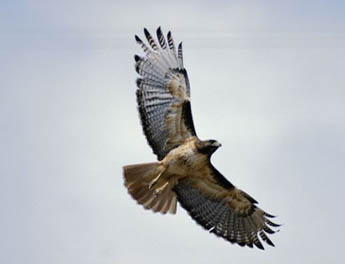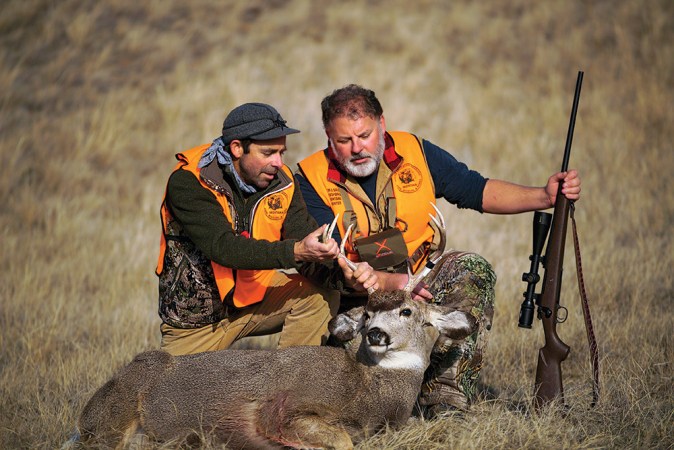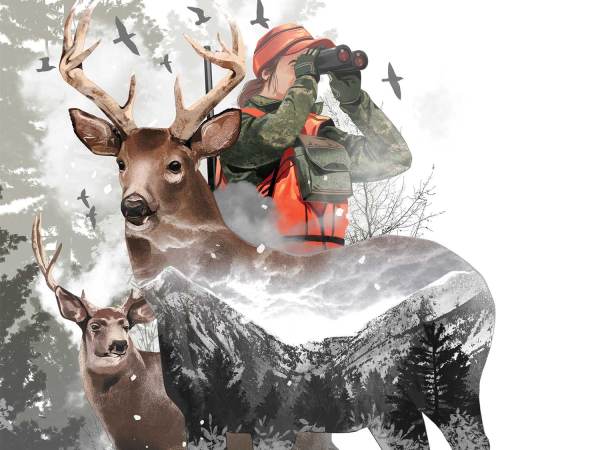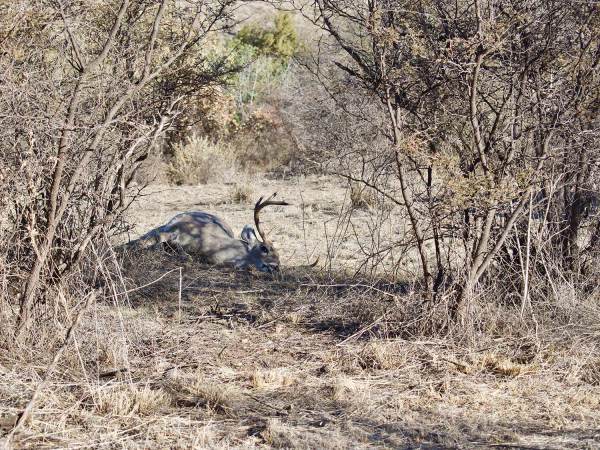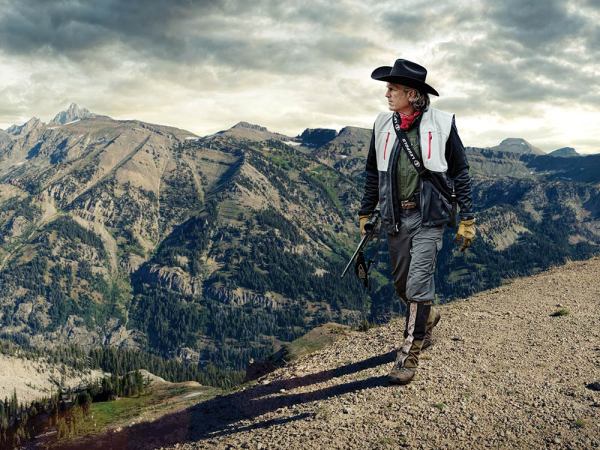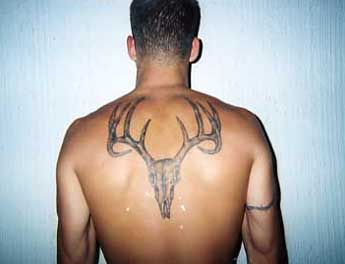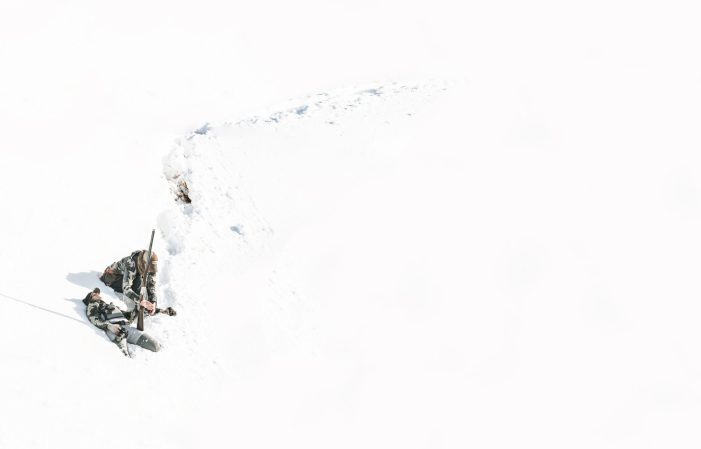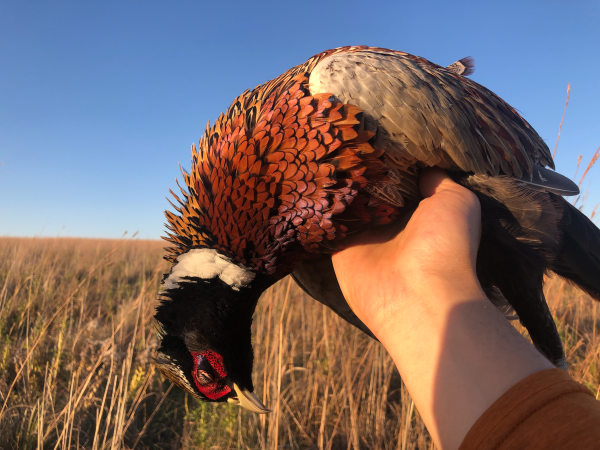Editor’s Note: This article was originally published by Coffee or Die Magazine on August 19, 2018. For more stories like this, visit www.coffeeordie.com.
Lauren McGough and her Kazakh mentor rode on horseback through the Altai Mountains until they caught up to their golden eagle, who was removing the fur from the fox it had just caught. Because of their language barrier, the two recreated the spectacular flight they had witnessed with their hands rather than retelling it with words, miming swooping and snatching, smiling at the memory of this dance between predator and prey. McGough’s mentor looked at her and lamented, “Why didn’t I take my daughters hunting?”
McGough is the only woman among the small fraction of American falconers who hunt with golden eagles. She discovered the sport by chance at age 14 when she came across the book “A Rage For Falcons” by naturalist author Stephen Bodio on a library shelf. She was immediately intrigued.
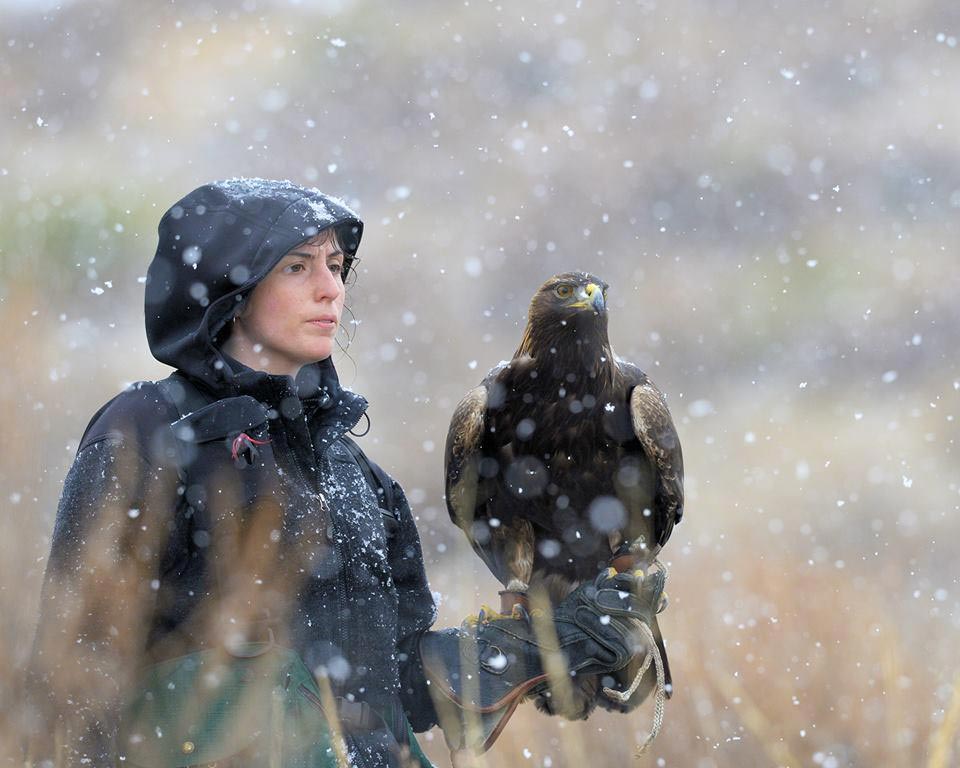
“I had assumed it was something that medieval knights did,” McGough said.
The teenaged McGough struck up a correspondence with Bodio, and before long she was taking tests on raptor husbandry and building an aviary in her parents’ backyard in pursuit of her falconer’s license.
“That was it. As soon as I found out it was real and I could do it, I had to do it,” McGough said. “I can have a hawk as a best friend? Yeah!”
Getting a license requires a two-year apprenticeship with a master falconer. Her mentor was a lawyer with three daughters who hadn’t taken to the sport. On the day they met, McGough had never been hunting, nor had she ever trained an animal. Her mentor helped her trap a red-tailed hawk, and feeling the weight of the bird on her arm, she thought, Okay, how do I get from a wild bird to a trained bird? The next two years proved a steep learning curve.
“I was not intuitive or good at all when I started,” McGough said.
Her family was not particularly outdoorsy and had no hunting background, but her father proved himself “father of the year” with his support of his daughter’s newfound aspirations. At the end of high school, Bodio sent her the manuscript for his new book about the Kazakh tradition of hunting with golden eagles, and McGough’s father took her on a two-week trip to Mongolia to witness an ancient form of falconry unlike what was practiced in the United States.
“It’s like something out a fantasy novel,” she reminisced. McGough returned to Mongolia after winning a Fulbright scholarship and spent nearly a year there.
According to McGough, falconers in the U.S. used to dismiss the idea of using eagles; they were considered too big, too slow, too unwieldy. But McGough thought those concerns were overblown. “If people have been flying eagles for 5,000 years in Mongolia, they must be good birds for this endeavor.”
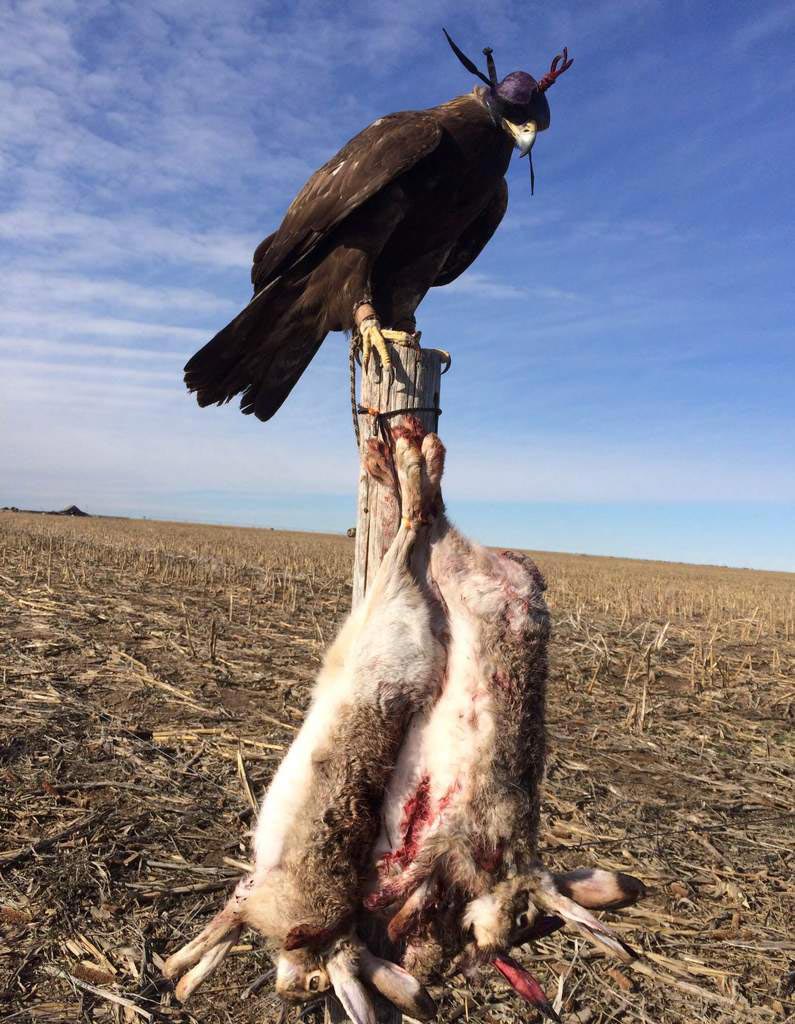
McGough deeply appreciated her time in Mongolia, surrounded by people with a matching dedication. For the most part, she found a meritocracy among the falconers.
“Anybody that is passionate and really wants to do it should be given a chance,” she said.
She described being a female in that environment using the anthropological concept of a “third gender;” she was so strange and such a cultural outsider that they didn’t see her as a woman. The only moment where that proved untrue was at the end of her stay when one of the falconers declared, “Lauren, you are a very good falconer, but if you were a man, you’d be amazing!”
Over the past 20 years she has seen a change in the demographic of American falconry. At the first event she attended, there were almost no other women. Now, she approximates the field is about 20 percent women, a change she attributes to an increase in social media presence and blogging about falconry, as well as the success of the award-winning book “H Is For Hawk” by Helen MacDonald. She gets the occasional rude comment but said, “The sheer enjoyment of seeing a bird flying totally blows past any of these demarcations of gender bias.”
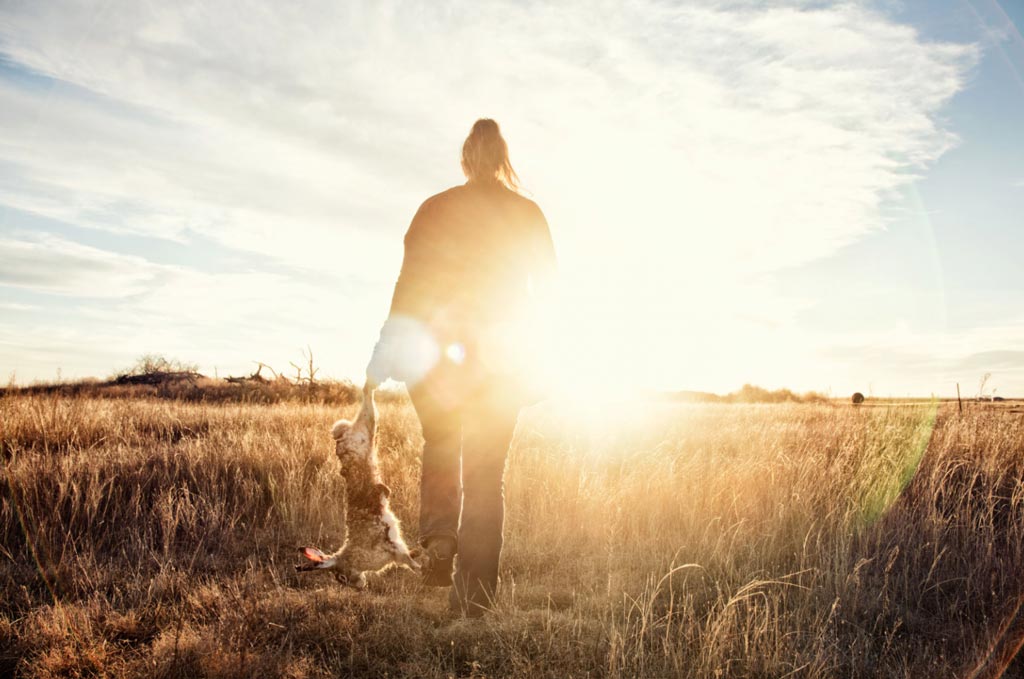
Falconry is not an exact science, nor is it something that comes naturally to most people.
“You have to figure out through your own ingenuity the best way to communicate with a raptor,” McGough said. “You’ve got this very tenuous connection that you’re trying to deepen.”
Her current eagle, Miles, was given to her when he was 12 after being removed from a nest to be kept as a pet, then confiscated. He moved from animal rescue to animal rescue, kept largely alone on a perch for a decade.
“I was worried he might not be trainable at that age, but it just shows you how resilient they are,” she said. “There’s a lot of trust there and a bond that’s developed. I have no fear of him flying away.”
But birds do fly away, and it’s a serious worry.
“It happens to everybody at some point,” she admitted. “I’ve never had one not come back, but I’ve had it take days. Any day, everything you’ve built could just fly away.”
Her work with Miles led her to a deeper interest in rehabilitation. She currently spends half the year in South Africa, having painstakingly pieced together a hodgepodge of grants, working with eagles who “need a lot of physical conditioning and mental conditioning to be released.” It takes two years before the animals have regained their natural instincts.
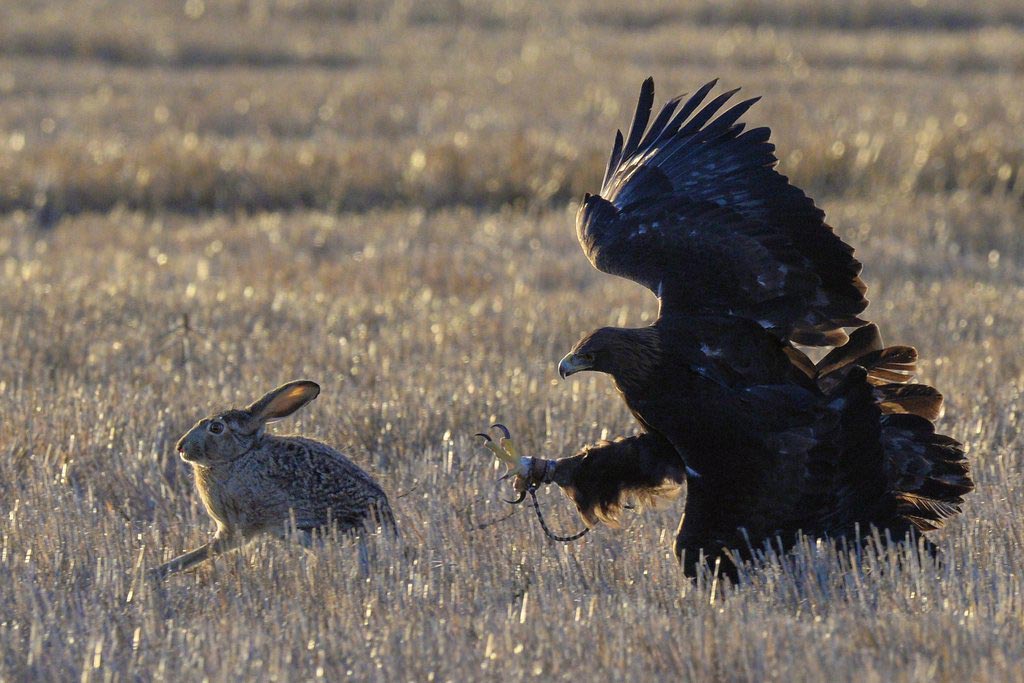
McGough is utterly devoted to falconry.
“It can be addictive,” she said. “The grand result is, if you do it correctly, you get to inhabit the wild and watch a wild animal do what it does every day with a front-row seat. I get to see a golden eagle come swooping out of the heavens at 150 miles an hour and collide with a hare — or miss, and you see the hare do some amazing maneuver and get away.”
Her only real competition in the sport is herself, always trying to succeed at bigger and better hunts.
